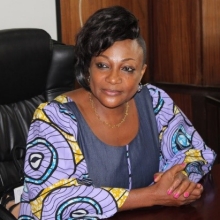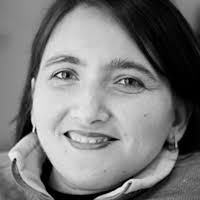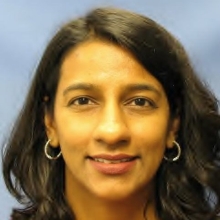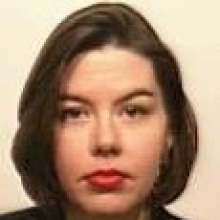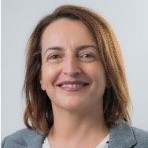Overarching Theme: “Leaving no one behind through the full implementation of the CRPD”
The 11th Session of the Conference of States Parties to the Convention on the Rights of Persons with Disabilities—World Bank Participation
June 12-14, 2018
United Nations Headquarters, New York City
-
The Convention on the Rights of Persons with Disabilities (CRPD), adopted by the United Nations General Assembly in 2006, promotes the full integration of persons with disabilities in societies. Article 40 of the Convention stipulates that “The States Parties shall meet regularly in a Conference of States Parties in order to consider any matter with regard to the implementation of the present Convention.” Since 2008, ten sessions of the Conference of States Parties have been held.
As one of the leading organizations on the issue of disability inclusion in development, the World Bank will attend the 11th session of the Conference of States Parties to the Convention on the Rights of Persons with Disabilities (CRPD) at the United Nations in New York, from June 12-14. The World Bank will host two side events, and participate in discussions on a range of topics relevant to disability inclusion, disruptive technologies, disability data, and the upcoming UN Flagship Report on Disability and Development.
World Bank Events
1. Equity and Inclusion in Education for Children with Disabilities
June 12, 2018 | 10:00–11:30 AM Eastern Time | Conference Room C, United Nations HQ, New YorkThe side event panel on Equity and Inclusion in education for children with disabilities will invite discussion around supporting effective solutions at global and country level to promote the inclusion of children with disabilities and increase education participation, achievement and learning. Issues to be discussed include:
- Policy analysis and data gaps in education regarding access and learning
- Operationalizing inclusive education- Gaps in service delivery
- Effective approaches and interventions to promote and support learning outcomes for children with disabilities
- Teacher support- teaching and learning materials
Panelists:
- Charlotte McClain-Nhlapo, Global Disability Advisor, World Bank Group (Moderator)
- Hon. Otiko Afisah Djaba- Minister of Gender, Children and Social Protection, Republic of Ghana
- Anna Wechsberg, Director Policy Division, Department for International Development, UK Government
- Ola Abu Alghaib, Director Global Influencing and Research, Leonard Cheshire
- Mark Waltham, Senior Advisor, UNICEF
- Kakali Banik, Senior Education Advisor, Bureau for Africa, United States Agency for International Development (USAID)
2. Disability Inclusion at the World Bank: New Initiatives and Framework
June 13, 2018 | 1:15–2:30 PM Eastern Time | Conference Room B, United Nations HQ, New YorkThe World Bank will present the Disability Inclusion and Accountability Framework, which provides internal guidance and principles for the Bank’s engagement in disability inclusion. It lays out a road map for including disability in the Bank’s policies, operations and analytical work, and for building internal capacity for supporting clients in implementing disability-inclusive development. The framework supports the implementation of the World Bank’s Environmental and Social Framework (ESF), which includes provisions designed to ensure that the interests of persons with disabilities are protected and included in the Bank’s investment lending operations in client countries.
Panelists:
- Maitreyi B. Das, Practice Manager, World Bank Group (Moderator)
- Charlotte McClain-Nhlapo, Global Disability Advisor, World Bank Group
- Margaret Arnold, Senior Social Development Specialist, World Bank Group
- Anne-Katrin Arnold, Senior Operations Officer, World Bank Group
- Fred Smith, Head of Policy, Sightsavers
- Tiziana Oliva, Executive Director-International, Leonard Cheshire
-
-
Speaker Bios for the Equity and Inclusion in Education Side Session
Speaker Bios for the Session on Disability and Inclusion at World Bank
Contact Us
- E-mail: mmorandotti@worldbank.org

